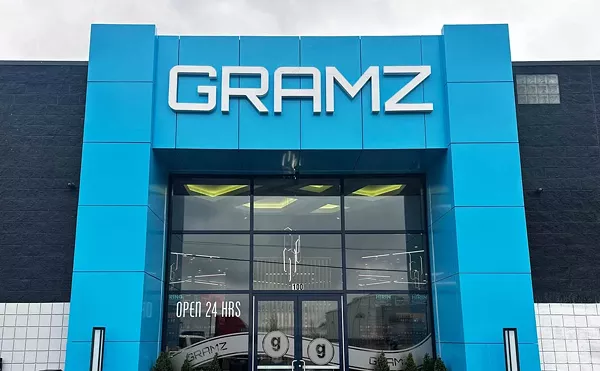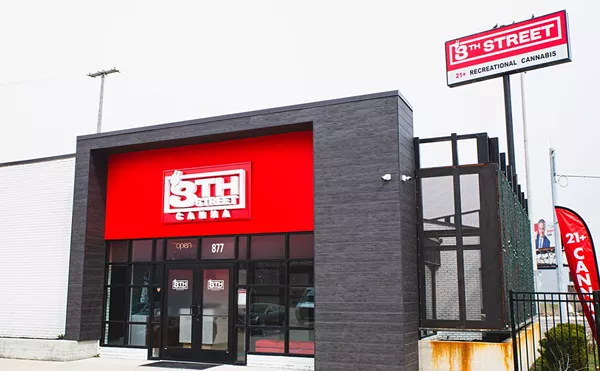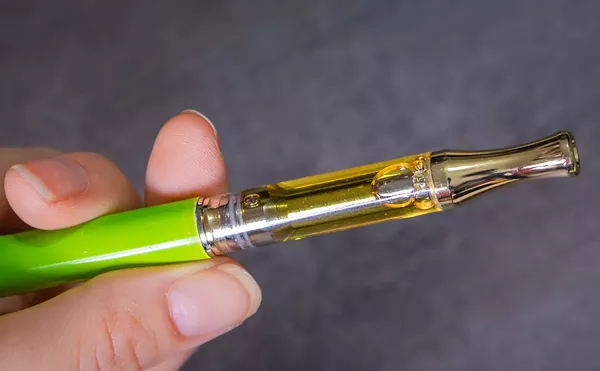Most of the many Democratic candidates for president have a fairly positive line on legalizing marijuana nationally. However, former Texas U.S. Rep. Beto O'Rourke took it a step further last week with an announcement that not only do we need to end the war on drugs, "we need to actually start to repair the damage it has wrought on communities of color."
O'Rourke's plan calls for:
•Clemency for those who are currently serving sentences for marijuana possession.
•A model for marijuana regulation that is similar to how we regulate alcohol.
•A licensing program that grants the majority of licenses to produce, distribute, or sell marijuana to minority-owned businesses and those disproportionately impacted by the War on Drugs.
•"Drug War Justice Grants" to those formerly incarcerated for nonviolent marijuana offenses after their release.
None of these are revolutionary ideas. However, they bring the more progressive notions from marijuana-legal states to the federal platform. O'Rourke is very low in polls these days, but maybe some of this can rub off on the other candidates.
Banking on buds
One of the things slowing down development of the cannabis industry is the lack of access to traditional banking needs such as loans and credit card services. That's because marijuana is illegal at the federal level, and most banks are subject to federal oversight. The management at these institutions does not want to be charged with federal crimes such as money laundering or being involved in criminal enterprises, so they just leave the sector alone. Anyone who has made a purchase at a provisioning center knows that they can only use cash in those places. In addition, all that cash on hand creates a security issue for the provisioning centers, making them possible targets of crime.
Even hemp businesses legal under the 2018 Farm Bill are having problems getting financial services. While that's not going to change quickly, there's hope in sight. The U.S. House of Representatives may actually vote on a SAFE Banking Act on Wednesday, Sept. 25 that would allow financial institutions to engage the industry, says House Majority Leader Steny Hoyer, D-MD. The bill needs a two-thirds majority because it is being filed under special circumstances. However, it came out of committee on a 45-15 vote, so there is actually hope that it will pass. After that, it goes to the Senate, where the notion does not enjoy as much support.
As it stands now in Michigan, anyone who wants to start a cannabis business cannot get a bank loan to do that. They need cash up front, which limits business owners to those who already have cash in hand.
More expungement
A new package of "clean slate" bills introduced in the state legislature will make it even easier for people to get their records cleared. The new provisions would automatically clear the records of people convicted of nonviolent crimes after 10 years. Currently, folks who want to do this have to make the request and spend a fair amount of money on it. Few people pursue this process. A study by the University of Michigan Law School this year found that people whose records were expunged have higher earnings and lower rates of committing new crimes. The expungement is limited to two felonies and four misdemeanors — an expansion of the one felony and two misdemeanor bar that was set earlier this year. Crimes with penalties of more than 10 years are not eligible.
It's a new era for marijuana in Michigan. Sign up for our weekly weed newsletter, delivered every Tuesday at 4:20 p.m.








